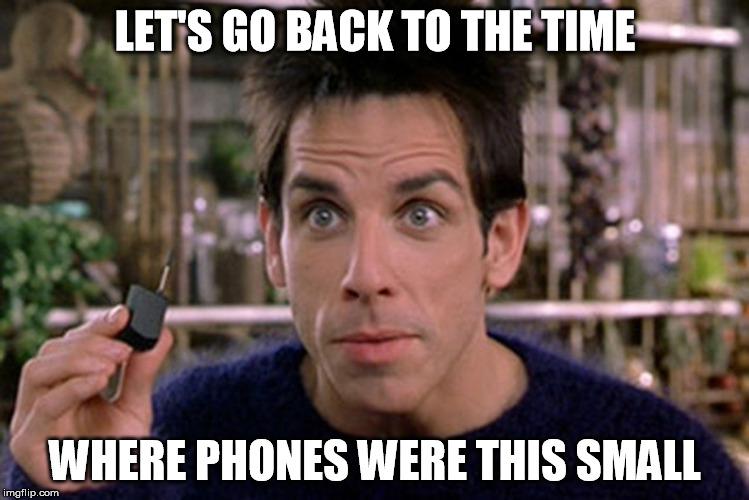Go figure the one time this forum
doesn't save my in-progress post is when I actually close a tab by accident. It's preserving half-written posts from a
week ago in other threads, naturally! Maybe it's a browser thing, I don't know.
Anyhow.
Basically, reducing meat consumption will not fix anything in the time scale we need to fix it in. There's absolutely nothing wrong with it as a personal choice, though I need to point out that staples of vegan and vegetarian diets have their own problems (
Guardian link here, and an NYT registration-walled link
here).
The ongoing destruction of the Amazon rainforest (as an example) will not be stopped by personal choices around diet. Supermarkets will still stock meat produce. That's not effective pressure - it's not targeting the people at fault. There's also no way of codifying "eat less meat" in any real-world way unless you also (unintentionally or otherwise) also affect people that need that aspect of their diet to live properly. It can only exist as "you should personally eat less meat", here on a forum, offline with a friend, or wherever. And these things tend to happen in a vacuum, without knowing your target's existing diet or what dietary requirements they may have.
Also, and I can't stress this enough: telling people to have a less fulfilling diet isn't a workable strategy when the world is going to hell in a handbasket. We need political pressure on ecological sabotage (like what is happening in the Amazon). We need to look at how abusive our (Western, first-world) supply chains are, and put the appropriate pressure
there. It's easy to say "just live off of X", but X might also be farmed in an immoral way.


 ) and massage the calf while moving toes. The contraction will be gone almost instantly. I personally walk a bit around the room too. Hope this will help people with morning muscle contractions !
) and massage the calf while moving toes. The contraction will be gone almost instantly. I personally walk a bit around the room too. Hope this will help people with morning muscle contractions !  To avoid contractions it is important to keep bottle of water near bed to stay hydrated - like
To avoid contractions it is important to keep bottle of water near bed to stay hydrated - like 
 xD I have never cared and I'll never will care to get a smart phone. I only need a phone to talk with people , write SMS and use the "wake up" function. I'm just weird like that
xD I have never cared and I'll never will care to get a smart phone. I only need a phone to talk with people , write SMS and use the "wake up" function. I'm just weird like that 

 Are you referring to the payroll tax? That's the source of funding for the Social Security Trust Fund.
Are you referring to the payroll tax? That's the source of funding for the Social Security Trust Fund.